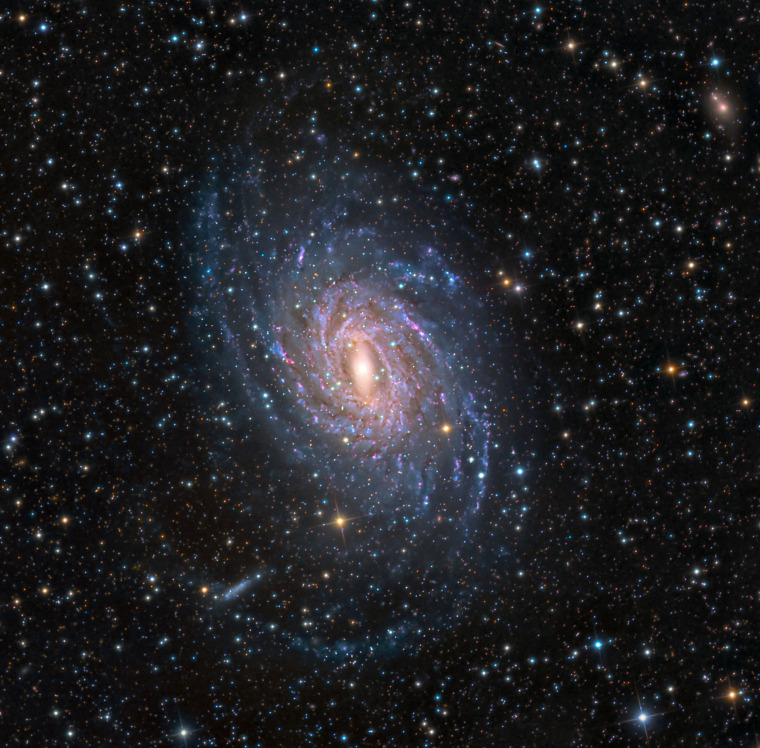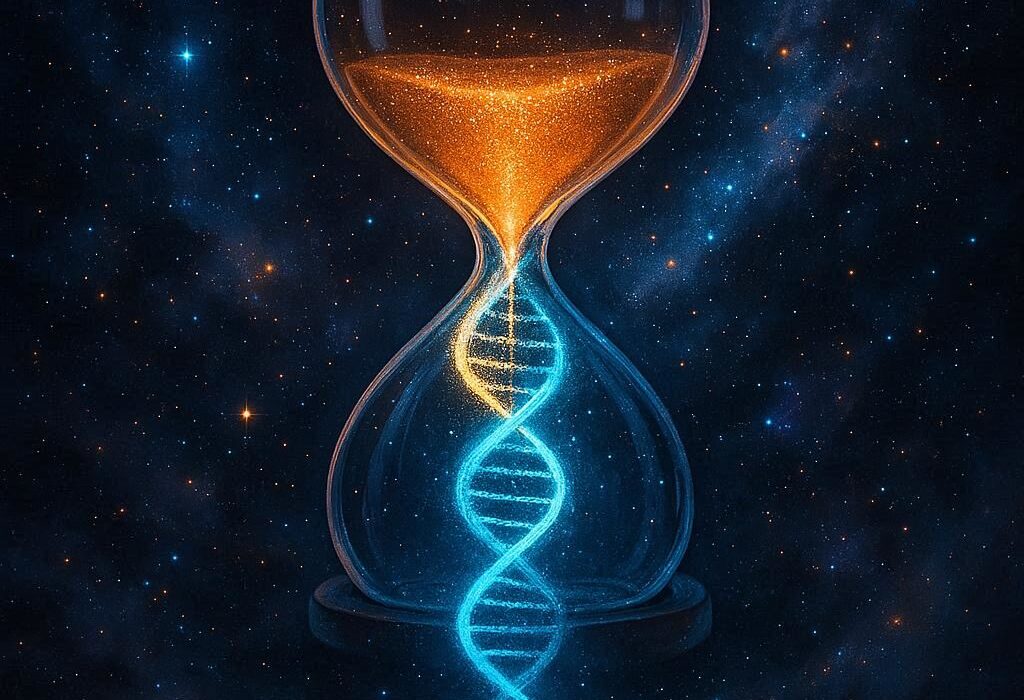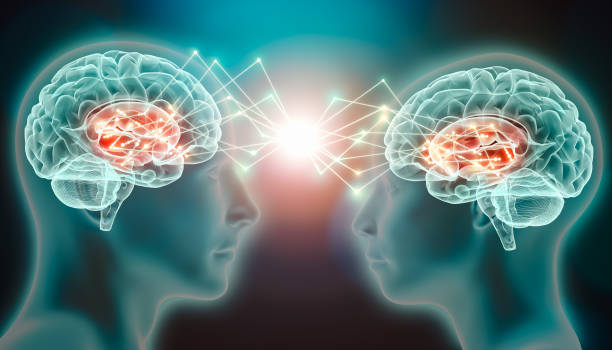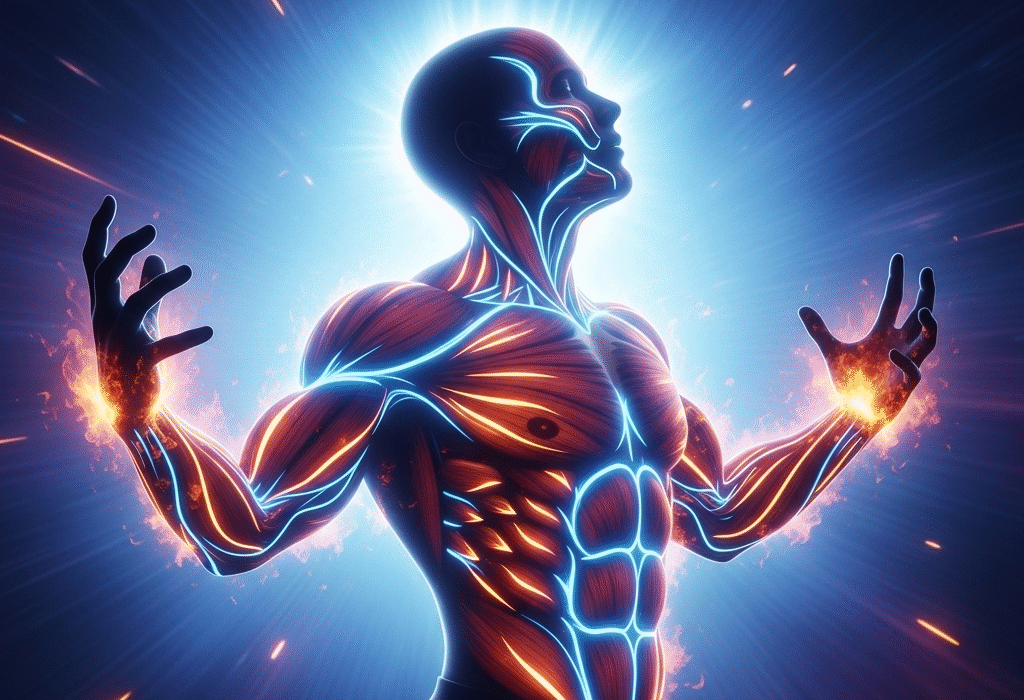For centuries, humans have gazed at the stars and asked fundamental questions about reality. What is the universe made of? Why do physical laws operate the way they do? And most provocatively, what if everything we perceive—every sight, sound, and thought—is not real in the way we imagine, but a carefully constructed simulation? The notion that our universe could be a giant simulation, a digital construct more akin to a hyper-advanced video game than an autonomous cosmos, has captured both the imagination of philosophers and the curiosity of scientists.
This idea, often called the Simulation Hypothesis, suggests that advanced civilizations, perhaps our descendants, could possess computational power so immense that they could simulate entire universes. In this context, the stars, galaxies, and even the intricate dance of subatomic particles might be the result of complex algorithms running in a higher-dimensional reality. While the concept sounds like science fiction, it engages with profound questions in physics, computer science, and philosophy, and challenges us to rethink what “reality” truly means.
Origins of the Simulation Hypothesis
The modern articulation of the simulation idea largely comes from philosopher Nick Bostrom, who in 2003 proposed a trilemma: either civilizations inevitably destroy themselves before achieving the capacity to run universe-scale simulations, no advanced civilization is interested in running such simulations, or we are almost certainly living in a simulation. Bostrom’s argument hinges on probability and computational assumptions. If a technologically mature civilization could run trillions of detailed simulations of conscious beings, then statistically, it is far more likely for a mind to exist inside a simulation than outside of one.
Though philosophical, this hypothesis resonates with ideas that have long percolated in human thought. Ancient myths and religious traditions often portrayed reality as a layered or illusory construct—Maya in Hindu philosophy, Plato’s Allegory of the Cave, and Gnostic views of a flawed world created by a demiurge. In a modern sense, the Simulation Hypothesis is a continuation of humanity’s quest to understand the ultimate nature of reality.
Physics and the Limits of Computation
The notion of a hackable universe is not merely speculative musing; it intersects with hard physics. If the universe were a simulation, it would have finite computational resources. Quantum physics already hints at discreetness: energy levels are quantized, and space may not be infinitely divisible. Some theorists suggest that the Planck length, approximately 1.6 x 10^-35 meters, could represent the smallest “pixel” of spacetime, analogous to the resolution of a digital image. In this view, the fabric of the cosmos is already granular, and the laws of physics could be seen as code governing the behavior of these fundamental units.
Computational scientists and physicists have also proposed that certain anomalies in the universe might resemble “signs of code.” The speed of light as an ultimate limit, the quantization of energy, and the existence of physical constants might all be interpreted as operating parameters, rules embedded in a cosmic program. Researchers have speculated that cosmic rays, quantum fluctuations, and even probabilistic behaviors at the subatomic level could be the result of underlying computational randomness, much like a computer generating random numbers to simulate uncertainty.
Consciousness and the Interface
One of the most intriguing aspects of the simulation argument is consciousness. If we are indeed entities inside a simulated universe, then our conscious experiences—pain, love, awe, and curiosity—are emergent properties of complex computation. From this perspective, the mind is a high-level algorithm running on the substrate of the universe. This view aligns with some interpretations of neuroscience and artificial intelligence: consciousness may emerge when information reaches a critical level of complexity.
If our minds are computational processes, it raises provocative questions about control and influence. Could a sufficiently advanced being—or perhaps even a sufficiently advanced future version of ourselves—interact with the “code” of our reality? Could we hack our universe, altering physical laws or events by understanding the underlying algorithm? This idea is not merely philosophical. Experiments in quantum mechanics, especially those demonstrating observer effects, suggest that consciousness and measurement may play a role in shaping reality at the quantum level. While this is not proof of a simulation, it tantalizingly hints at a deeper connection between mind and matter.
Quantum Mechanics and the Glitches in Reality
Quantum physics has long challenged classical notions of reality. Particles exist in superpositions, entangled across vast distances, behaving in ways that defy intuition. Some physicists have speculated that quantum phenomena resemble the operations of a simulation designed to conserve computational resources. In this analogy, the universe “renders” reality in detail only when observed, much like a video game dynamically generates graphics only when the player faces a particular direction.
Experiments with quantum entanglement and delayed-choice scenarios suggest that reality is, at its core, relational and probabilistic. These phenomena might be interpreted as hints that the universe is not an absolute, objective construct but a system governed by rules that respond to information. In the language of the simulation argument, reality behaves like code that executes conditional operations depending on observation and interaction.
The Hacking Metaphor
If the universe operates like code, then the concept of hacking becomes not science fiction but a metaphor for potential manipulation of reality. In computer science, hacking implies understanding the system at a level that allows modification, exploitation, or optimization. Translating this idea to a cosmic scale, “hacking the universe” would involve understanding the fundamental rules and leveraging them to produce outcomes not dictated by conventional constraints.
In theory, such hacking might not require omnipotent power. Quantum mechanics already allows probabilistic influence, and recent advances in quantum computing suggest the possibility of interacting with information in unprecedented ways. Techniques like quantum tunneling, superposition, and entanglement might be seen as natural “interfaces” to probe the universe’s structure. If reality is information at its deepest level, then understanding the algorithm could enable manipulation in ways that today seem magical.
The Philosophical and Ethical Implications
The notion that we inhabit a hackable simulation is not merely a scientific curiosity; it carries profound ethical and philosophical consequences. If our universe is a simulation, what is the nature of moral responsibility? Do conventional concepts of right and wrong apply if existence is programmable? Alternatively, one could argue that awareness of a simulation heightens responsibility: every conscious experience becomes a valuable computational event to be preserved and respected.
Moreover, if the universe is hackable, the question of who—or what—might exert influence becomes central. Could advanced civilizations or future versions of humanity deliberately intervene in reality? If so, would it be moral to manipulate events, or even lives, for experimental purposes? The Simulation Hypothesis forces us to confront questions that transcend science, touching the very essence of free will, agency, and meaning.
Searching for Evidence
While the simulation argument is intellectually captivating, it demands empirical scrutiny. Scientists have proposed various tests, though all remain speculative. One idea is to search for “signatures” of computational limits: patterns in cosmic radiation, lattice structures in space-time, or inconsistencies in physical constants that could suggest underlying discretization. Another approach is to explore computational irreducibility—if certain physical processes are inherently non-compressible, it might indicate they are running as “programs” on a substrate too complex to simulate entirely.
Interestingly, researchers have also investigated limits of particle energy. If the universe is simulated, there might be maximum energies, resolutions, or densities imposed by computational constraints. Theoretical models suggest that cosmic rays and high-energy particles could reveal “pixelation” in the fabric of reality. Yet, even if anomalies are observed, interpretation remains challenging: are they proof of a simulation, or simply aspects of a universe with physical laws we do not fully understand?
The Psychological Impact
Contemplating a hackable universe can have profound psychological effects. For some, it is exhilarating: the idea that reality is manipulable, that knowledge could confer influence over the cosmos, inspires curiosity and creativity. For others, it is disorienting: the sense that our lives might be orchestrated by unseen programmers can evoke existential anxiety.
Yet there is a paradoxical comfort in the concept. If the universe is a simulation, then it is orderly, governed by rules, and comprehensible. Reality may not be random chaos but a structured system awaiting discovery. Understanding the code, or even glimpsing its outlines, could empower humans to transcend apparent limitations, fostering a new era of intellectual and technological exploration.
Beyond Science Fiction
Popular culture has long explored these ideas. Films like The Matrix dramatize the concept of simulated reality, while literature and games allow us to explore worlds with mutable laws. Yet beyond fiction, the question remains scientifically and philosophically serious. Our advancing technologies—quantum computing, artificial intelligence, and high-fidelity simulations—bring us closer to the possibility of creating universe-like simulations ourselves. If humanity can someday generate artificial universes, then the Simulation Hypothesis moves from abstract speculation to practical inevitability: someone, somewhere, might already have.
This realization blurs the boundary between observer and creator, between consciousness and code. In attempting to hack or understand the universe, we may simultaneously explore our own nature as conscious entities, as architects of experience, and as participants in a system far vaster than our perception.
The Future of Cosmic Hacking
Can we actually hack the universe? Today, the idea is metaphorical, limited to probing the rules of physics, mastering quantum systems, and reshaping the world through technology. But the Simulation Hypothesis invites us to imagine a future in which the distinction between reality and computation dissolves. Advanced civilizations might manipulate space-time itself, engineer universes with precise constants, or even merge consciousness with the underlying algorithm.
In this vision, hacking becomes a fundamental human endeavor: to understand the code of existence, to explore beyond observable boundaries, and to unlock the latent potential within reality itself. The journey is both scientific and philosophical, merging empirical investigation with the timeless human drive to question, to experiment, and to dream.
Conclusion: Reality as a Playground
Whether or not we live in a simulation, the hypothesis challenges us to think differently. It reframes our understanding of physics, consciousness, and existence, suggesting that reality might be a construct, an interface, and even a playground for discovery. The universe, in this view, is not merely a backdrop for life but a system of information, a cosmic algorithm that invites exploration.
As we continue to probe the deepest laws of physics, push the boundaries of computation, and expand the horizons of thought, we participate in an endeavor akin to hacking reality itself. Whether the universe is ultimately a simulation or a self-contained cosmic miracle, our curiosity transforms it from passive observation into active engagement. To ask whether we can hack the universe is to ask whether we can understand it, shape it, and, in doing so, understand ourselves.
The ultimate journey of human intelligence may not be merely to survive or explore, but to engage with the universe as creators within it—to decode, manipulate, and harmonize with the fundamental rhythm of existence. In that sense, whether reality is digital or analog, hackable or fixed, the pursuit of understanding becomes a profound act of creation, curiosity, and wonder.






